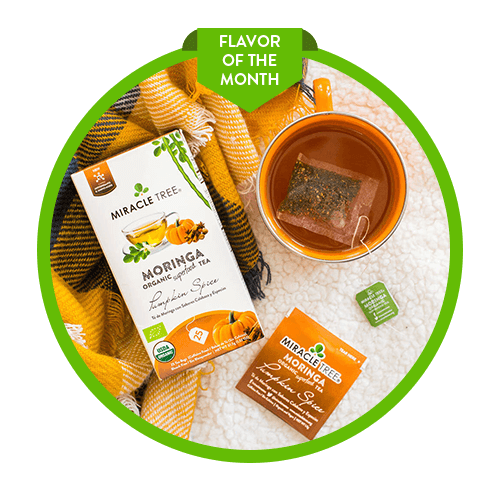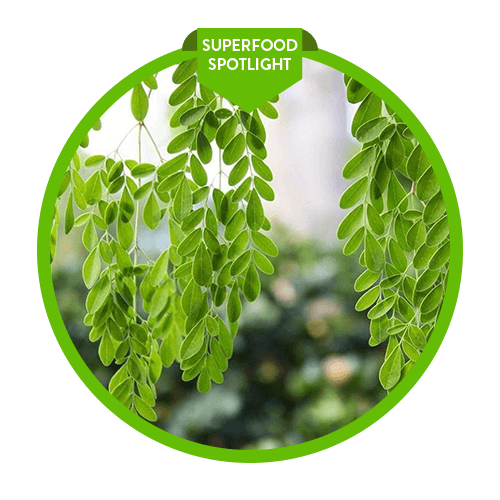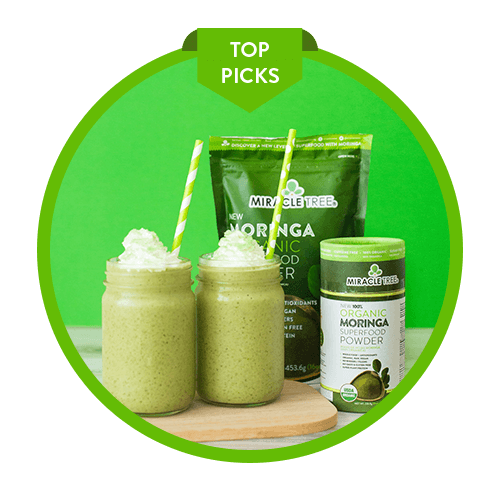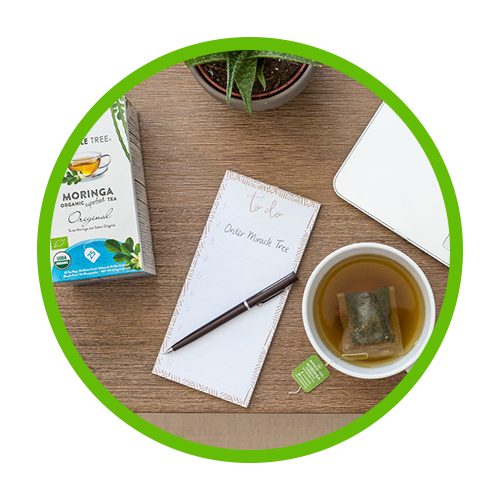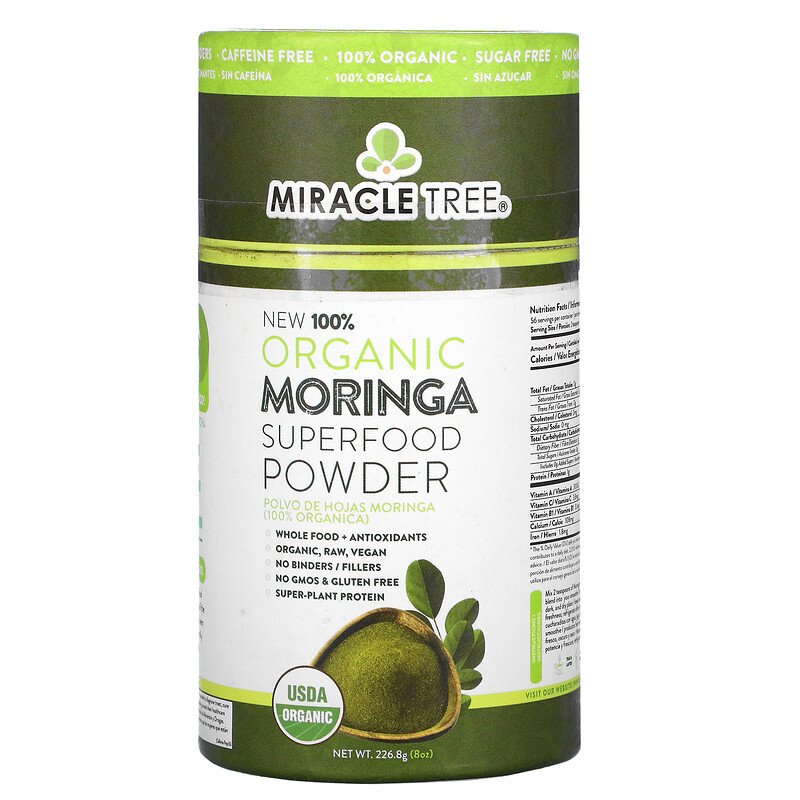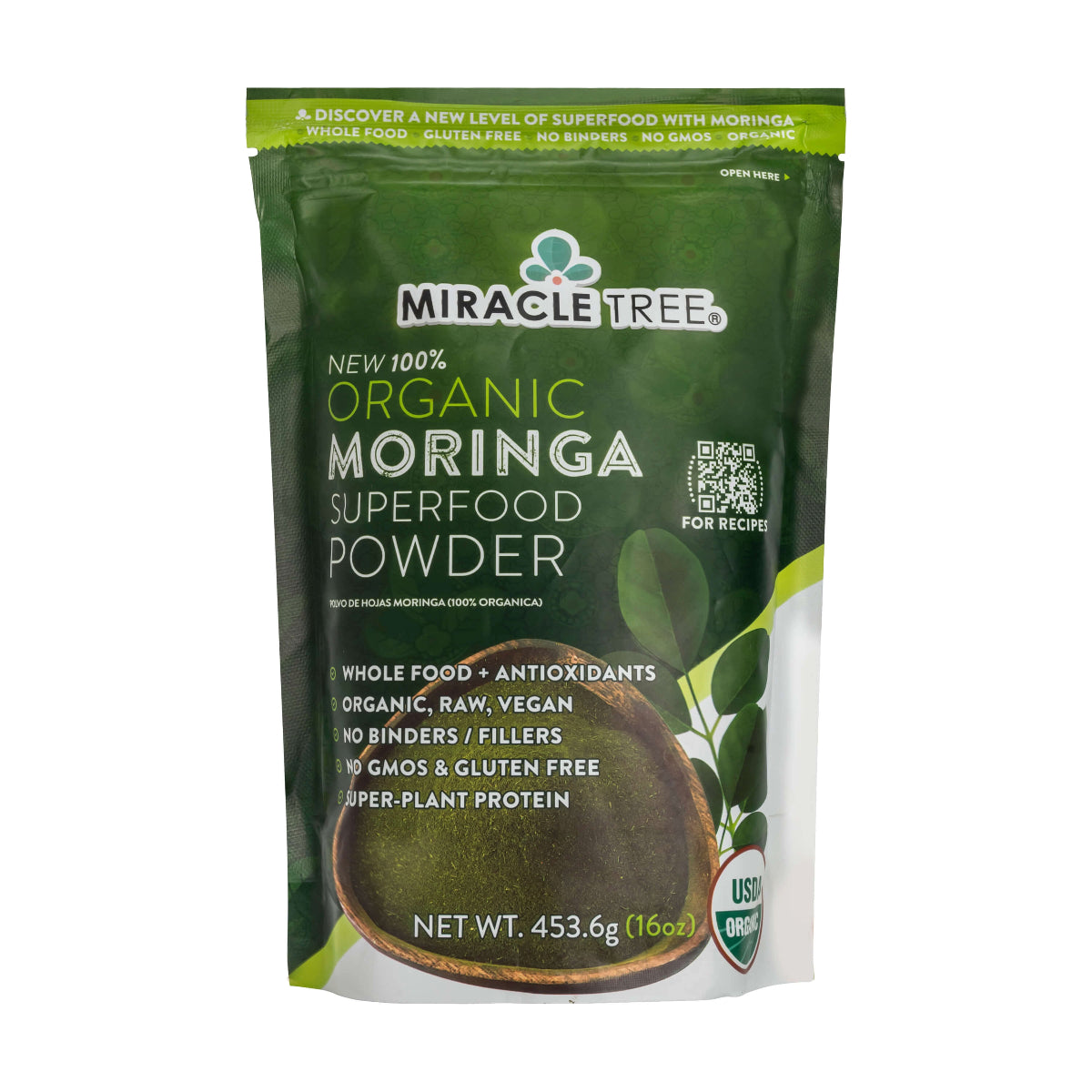Stressful times can lead to high blood pressure, but how to tackle it? Here’s everything you need to know about high blood pressure and moringa.
What is high blood pressure?
High blood pressure, also known as hypertension, is a health condition where the blood's long-term push against your artery walls is so severe that it may eventually result in health issues, including heart disease. It is a very common condition; according to the United States Preventive Services Task Force (USPSTF), about 45% of adults in the country have high blood pressure.
What are the symptoms of high blood pressure?
People with high blood pressure often don’t experience any symptoms, which is why hypertension is called the “silent killer.” However, if your blood pressure reaches about 180/120 mm Hg, you may experience these symptoms:
- Headache
- Nausea
- Vomiting
- Dizziness
- Blurred or double vision
- Nosebleeds
- Heart palpitations
- Breathlessness
If you experience any of these symptoms, seek immediate medical attention.
What are the causes of high blood pressure?
For the majority of adults, high blood pressure has no known cause. It often develops gradually over several years. However, people with the following conditions are more susceptible to high blood pressure:
- Obesity
- Type 2 diabetes
- Kidney disease
- Obstructive sleep apnea
- Lupus
- Scleroderma
- Underactive or overactive thyroid
- Congenital conditions, such as Cushing’s syndrome, acromegaly or pheochromocytoma
How to lower high blood pressure?
One cause of high blood pressure is a diet deficient in nutrient-dense meals. The National Heart, Lung and Blood Institute (NHLBI) designed a diet specifically to lower blood pressure, called the DASH (Dietary Approaches to Stop Hypertension) diet. The diet includes lots of fruits, veggies and low-fat dairy products. Whole grains, fish, poultry, legumes, seeds, nuts and vegetable oils are also included. Another superfood that you must incorporate into your diet is moringa.
What is the relationship between high blood pressure and moringa?
Are you wondering how to lower your blood pressure? Adding moringa into your diet can significantly lower blood pressure levels and prevent fatal heart diseases. But how are high blood pressure and moringa related? Moringa has been used for centuries due to its medicinal properties. It has numerous health benefits due to its antifungal, antiviral and anti-inflammatory properties. Moringa leaves are rich in potassium, minerals and vitamins. Studies confirm that one cup of moringa leaves has three times higher potassium than bananas. Such high concentrations of nutrients make this leafy green healthier than other super greens such as kale.
Calcium, magnesium, potassium, zinc and vitamin E are the essential elements that people with high blood pressure need the most, and moringa leaf powder has all of them. Increased consumption of calcium can directly affect blood vessels because it is necessary for smooth muscle relaxation and contraction. The best way to get calcium is through a healthy diet. Did you know dietary calcium has twice the advantages over synthetic supplements for lowering blood pressure? Thus, utilizing moringa leaf powder as one of your daily calcium sources can be highly healthy for your body.
What should you know about high blood pressure and moringa consumption?
You need to nourish your body to lower high blood pressure, and moringa is an excellent source of many important nutrients. But how should you add moringa to your diet to reap its endless benefits? You can consume fresh moringa leaves or use moringa powder. Made from dried and ground moringa leaves, the powder has a mild flavor with a slightly earthy taste. You can add it to your smoothies or salads or enjoy a cup of freshly brewed moringa tea.
Miracle Tree® products are not intended to diagnose, treat, cure, or prevent any disease. While there is promising research currently evaluating moringa and other similar products, we rather focus on their nutritional qualities.

